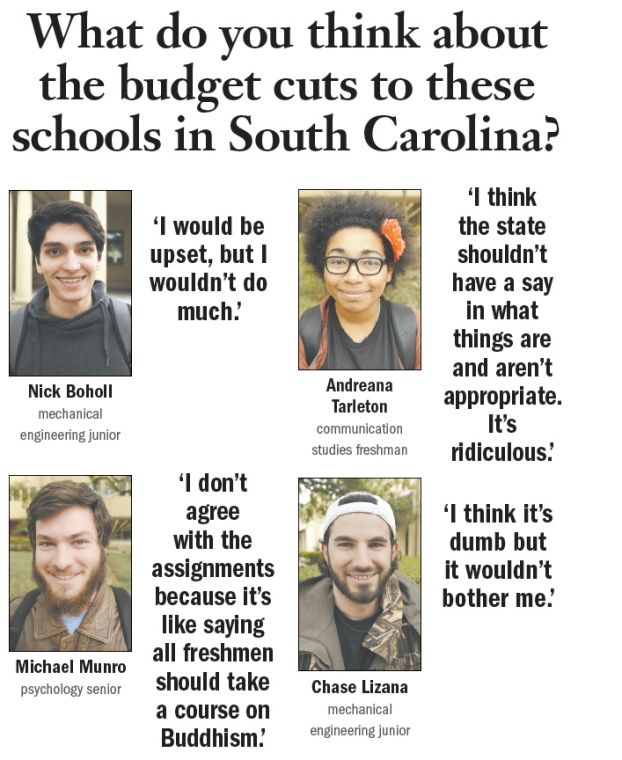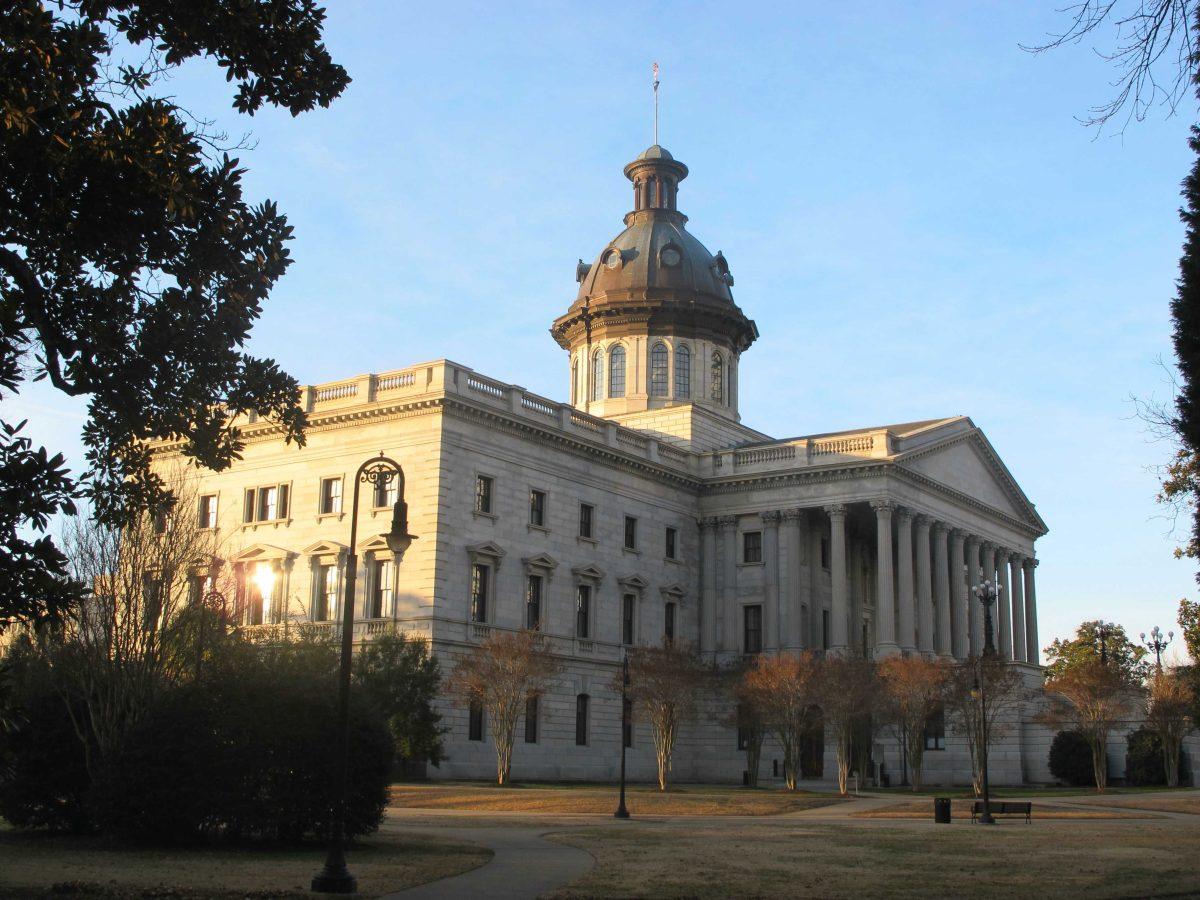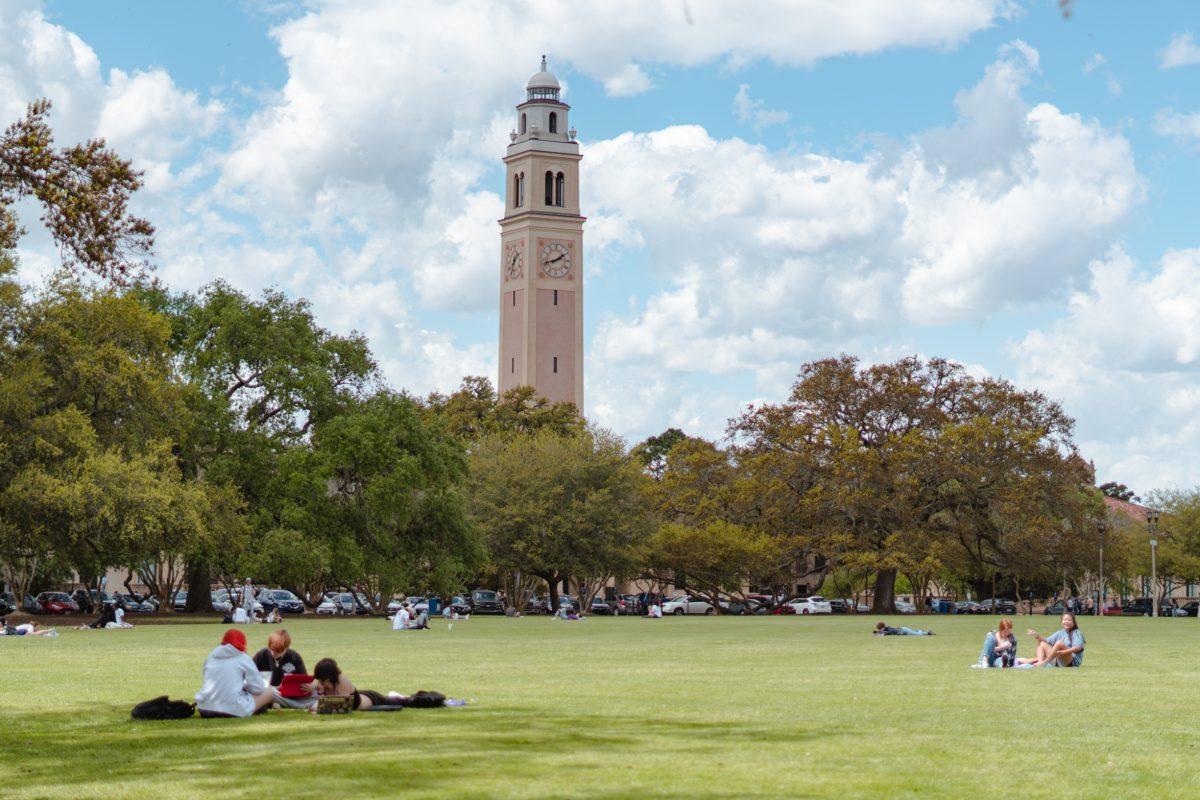South Carolina legislators want to cut funding from two public colleges because they assigned books about homosexuality as required reading for freshmen, according to the Associated Press.
The AP reported the House budget-writing committee of South Carolina tentatively approved a spending plan for next school year last Wednesday, which would cut $52,000 from the College of Charleston and $17,142 from the University of South Carolina Upstate. The budget cuts equal the cost of the programs requiring the reading.
Rep. Gary Smith of South Carolina said he made the proposal after college officials refused to give students an alternate option for required reading. He would not oppose the assigned books, “Fun Home” and “Living Out Loud: The Best of Rainbow Radio,” if they were a part of an elective course rather than a campus requirement, he said.
Professor James Garand, who teaches in the LSU honors college, said he had a close friend who was on the committee deciding the reading for one of the colleges, and the cuts might spur some self-censorship on the school’s part the next time they are selecting reading materials, out of fear of further cuts.
He said the course he taught last semester required students to read the book “Hot: Living Through the Next Fifty Years on Earth,” which was about climate change, also a controversial topic.
“State legislatures cut funding for things they find objectionable all the time,” Garand said. “They have shown displeasure and expressed it with the power of the purse.”
Garand said the books are about a topic that is on the forefront of the political war happening in this country, and the issue in South Carolina may have been one of keeping higher education balanced politically, to provide a well-rounded education.
“It is a controversial topic right now, coupled with the perception that universities are hotbeds of liberal thinking,” Garand said. “People may believe this was an indoctrination issue.”
Barbara Heifferon, director of the University’s writing program, was a tenured professor at Clemson University in South Carolina. Heifferon said she sees the funding cuts to these schools as an attack on academic freedom.
“Its not like these books are advocating or pushing people to this lifestyle,” Heifferon said.
She said there will likely be some sort of comment from the citizens of South Carolina.
Heifferon said in past years the universities in South Carolina had banded together to fight for certain issues, and she hopes the universities would be worried about these budget cuts and do the same now.
Garand said while the legislature in South Carolina didn’t ban the books, they made things less pleasant for College of Charleston and USC Upstate, and if a similar thing were to happen at LSU, the administration might say something, but would not attack the legislature because they provide the University with funding.

“They have shown their displeasure and expressed it with the power of the purse.”
South Carolina schools punished for controversial assigned reading
February 26, 2014
The South Carolina Statehouse in Columbia, S.C., is seen on Jan. 25, 2014. For years, South Carolina’s capital was known mainly to visitors as the seat of state government and the home of the University of South Carolina. But in recent years the area’s varied attractions have been marketed as part of tourism campaign that the area is “Famously Hot.” An estimated 1 million visitors a year now visit the area. (AP Photo/Bruce Smith).







